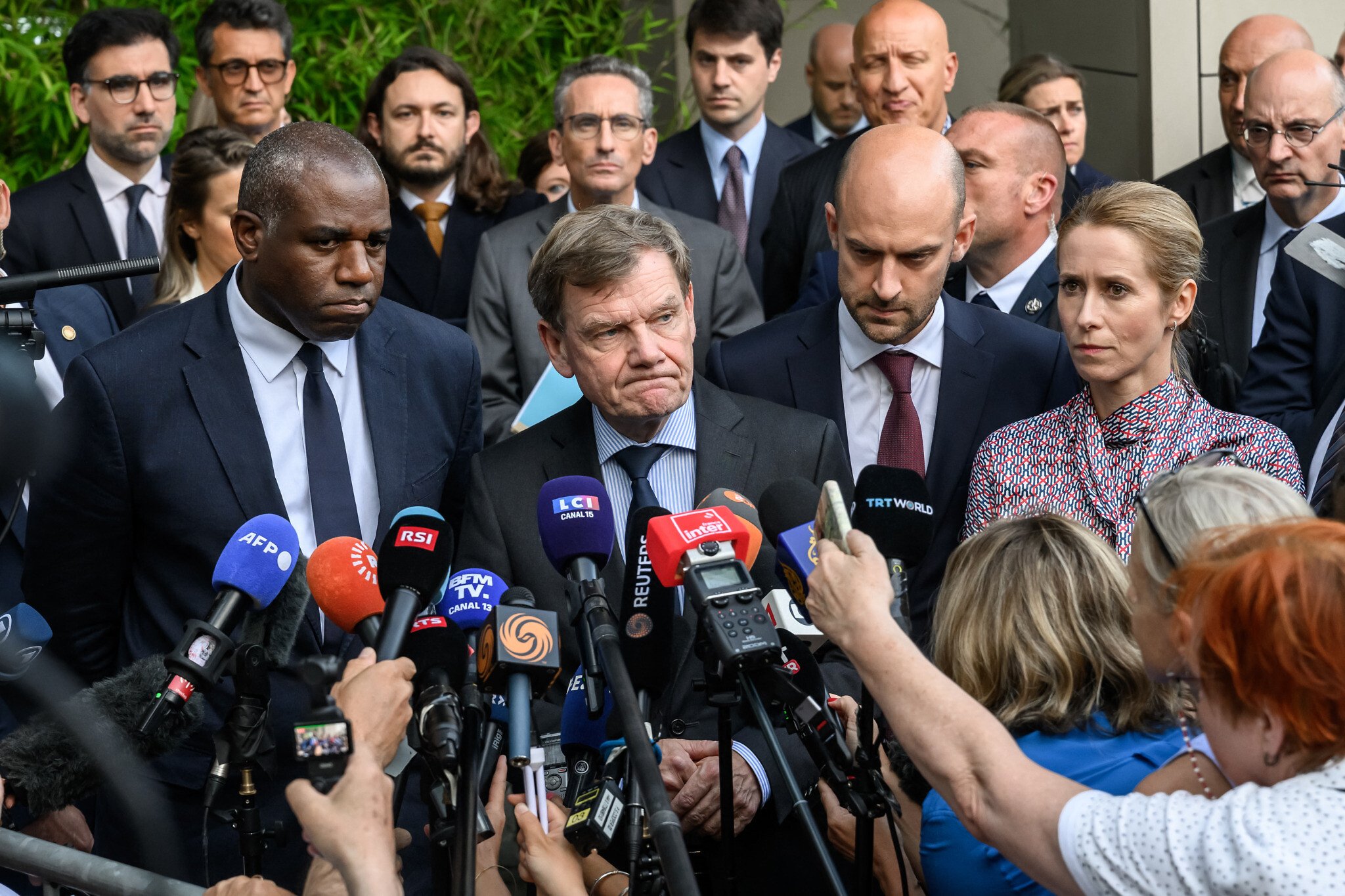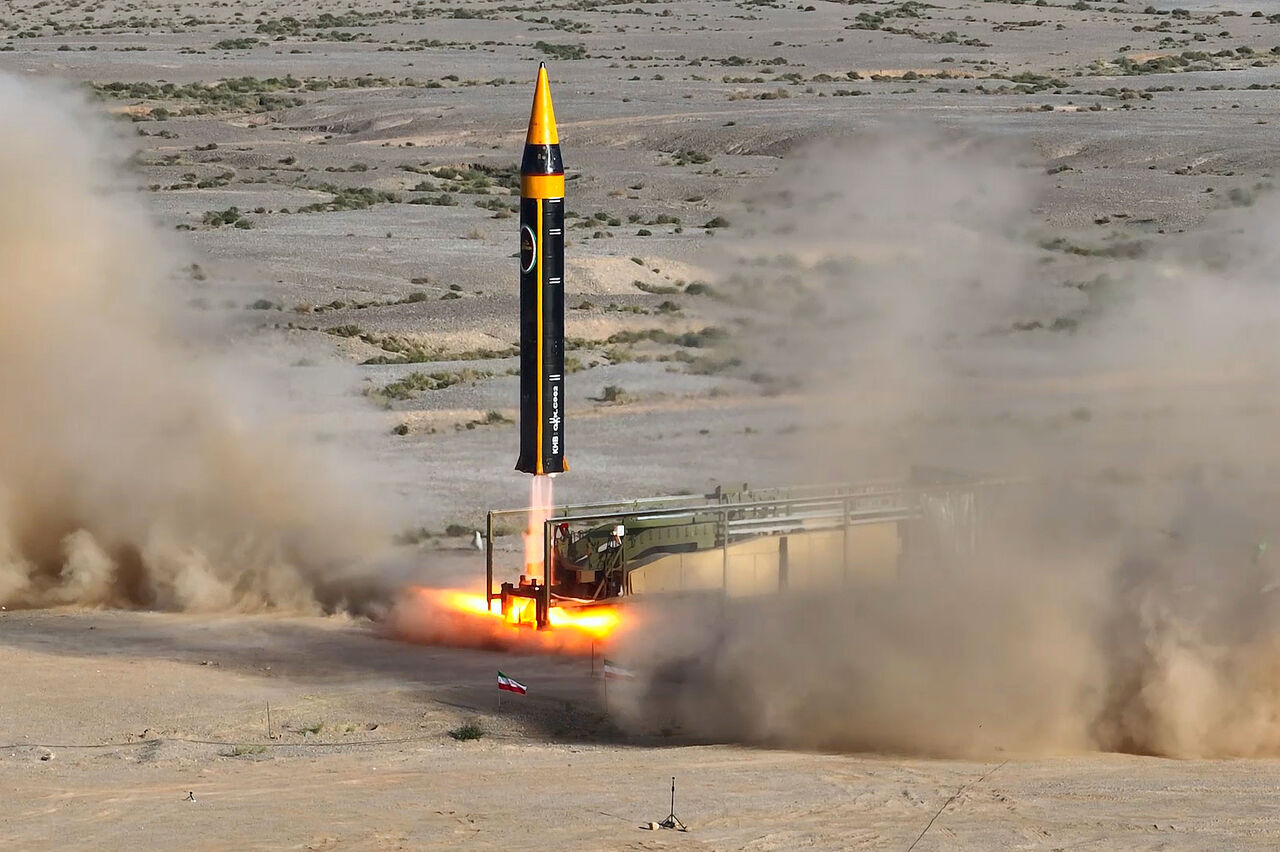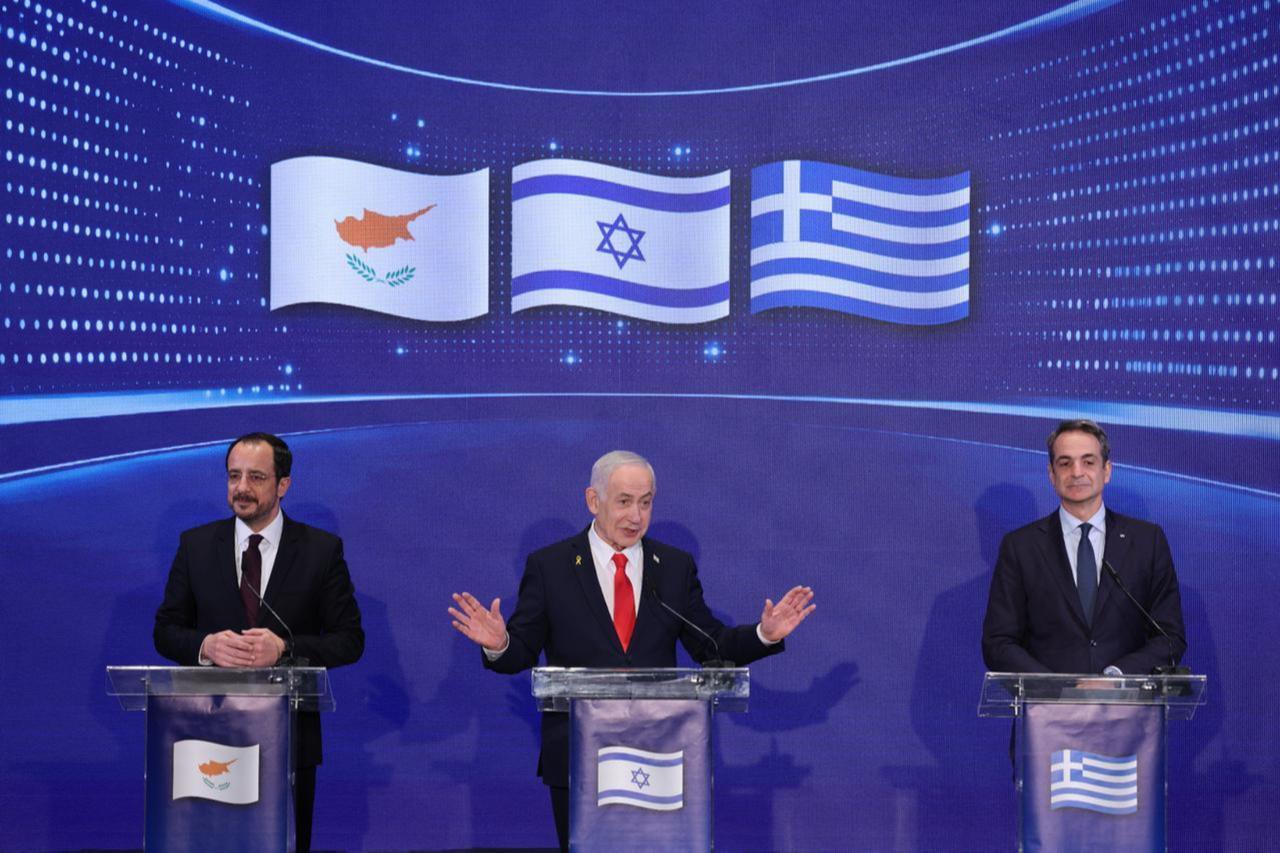Europe’s move to activate the snapback mechanism could further undermine the liberal international order. This order, fundamentally established after World War II under the leadership of the United States and Europe, aims to maintain global order and security through legal processes and adherence to international treaty law.
Dr. Rahman Ghahremanpour, Senior Expert on International Affairs
Although at first glance, the activation of the snapback mechanism appears to primarily harm the Islamic Republic of Iran, it is also worth asking whether Europe itself stands to lose from such a move, and whether activating the mechanism could negatively impact current international processes. This question can be addressed from four perspectives:
1. The Undermining of the Nuclear Non-Proliferation Treaty
Activating the snapback mechanism could weaken the existing fragile global nuclear order. For years, arms control experts have warned of the decline of the nuclear order and its potential consequences—namely the proliferation of nuclear technology and even the use of nuclear weapons. The Non-Proliferation Treaty (NPT) is one of the main pillars of this order, and any weakening of the NPT would inevitably damage the broader international nuclear regime.
In the 1990s, Iraq’s nuclear activities under Saddam Hussein dealt a serious blow to the NPT, which eventually led to the adoption of the Additional Protocol to strengthen IAEA oversight. The next significant blow came in 2002, when North Korea unilaterally withdrew from the NPT, further weakening the treaty. Today, Iran’s nuclear case represents the third major challenge to the effectiveness and credibility of the NPT in resolving nuclear crises.
If Europe fails to resolve the Iranian nuclear issue and instead activates the snapback mechanism—thereby paving the way for Iran’s potential withdrawal from the NPT—another severe blow would be dealt to the global non-proliferation regime. While some argue that Iran’s withdrawal under Article X of the NPT is not automatic and requires UN Security Council approval, the main issue is political: a unilateral withdrawal by Iran would be a major political setback for the NPT.
Critics argue that the NPT lacks balance among its three pillars: the right of non-nuclear states to access peaceful nuclear energy, the prevention of nuclear weapons proliferation, and the obligation of nuclear states to disarm. In practice, the five permanent members of the Security Council—who are also recognized nuclear-armed states—have failed to fulfill their disarmament obligations under Article VI, and instead, have worked to modernize and expand their nuclear arsenals. From China and Russia to the U.S., the U.K., and France, all are actively upgrading their nuclear capabilities, while expecting non-nuclear states to adhere strictly to their commitments. This imbalance undermines the treaty’s credibility.
2. Disrupting the Liberal International Order
Europe’s move to activate the snapback mechanism could further weaken the liberal international order—a system established primarily by the U.S. and Europe after World War II, aiming to maintain global peace and security through legal mechanisms and adherence to international treaty law. If Europe and the U.S. fail to resolve Iran’s nuclear issue peacefully through frameworks like the JCPOA and international law, the authority of legal instruments and international norms will be significantly weakened.
That is why some argue that if wealthy liberal democracies—particularly Europe and the U.S.—are truly committed to preserving the liberal international order, they must themselves adhere to international law and treaty obligations.
This stands in stark contrast to actions like the U.S. bombing of Iran’s Fordow nuclear site—despite the IAEA having found no evidence of non-peaceful nuclear activity there. If the U.S. and its allies are intent on undermining institutions that China is trying to build as alternatives, and wish to maintain the strength of liberal institutions like the United Nations and the IAEA, then peaceful resolution of disputes with Iran must be their top priority.
3. The Militarization of International Politics
The reactivation of the snapback mechanism could contribute to what is often referred to as the militarization of international relations.
In the post-WWII order, peaceful dispute resolution without the use of force became a foundational principle, especially for major powers like the United States, which at least nominally tried to adhere to this norm. When military action was deemed necessary, these powers sought international consensus. The U.S. invasion of Iraq in 2003 without UN Security Council authorization marked a turning point—a shift toward unilateralism and an increased reliance on military solutions.
Today, Israeli actions in the region—especially post-October 7—and the support of these actions by the U.S. and Europe represent another step toward the erosion of the liberal order and the normalization of militarized responses.
While some American strategists believe militarization will push China to increase military spending at the expense of its economy, in reality, this trajectory could harm Europe as well. The 2022 Russian invasion of Ukraine prompted European countries to drastically increase their military budgets, triggering a shift in Europe’s security architecture. These rising defense expenditures have the potential to undercut social welfare programs and intensify domestic political divisions.
Indeed, we now witness growing tensions between far-right parties and traditional center-right or left-leaning parties in Europe—particularly around issues such as migration policy and support for Ukraine. Thus, from a broader perspective, Europe’s activation of the snapback mechanism signals an escalation in the militarization of international politics.
4. Escalating Crisis in the Middle East
Finally, the snapback mechanism risks exacerbating instability in the Middle East. European governments have repeatedly expressed concern over rising tensions in the region, given that intensified conflict often leads to increased migration to Europe—fueling the rise of far-right populist movements. However, by pushing for the snapback mechanism or supporting Israeli military actions against Iran, Europe is directly contributing to further instability in this highly volatile region.
A prolonged conflict in the Middle East would have long-term security repercussions for Europe and could deeply affect its domestic politics. In this context, Europe’s move to activate the snapback mechanism contradicts the EU’s stated commitment to resolving conflicts without military force. Some observers argue that post-Ukraine war Europe is gradually moving away from what were once championed as “liberal” or “European” values.
Despite continued rhetorical commitment to liberal values, Europe appears increasingly convinced that it must strengthen its military capabilities to protect itself. Recent comments by French President Emmanuel Macron—on raising defense spending and acknowledging that power, not law, now dominates international politics—suggest that Europe is steadily moving toward a security-driven, realist approach. Ultimately, this could intensify U.S.–China military rivalry while diminishing Europe’s own strategic standing in the global arena.







